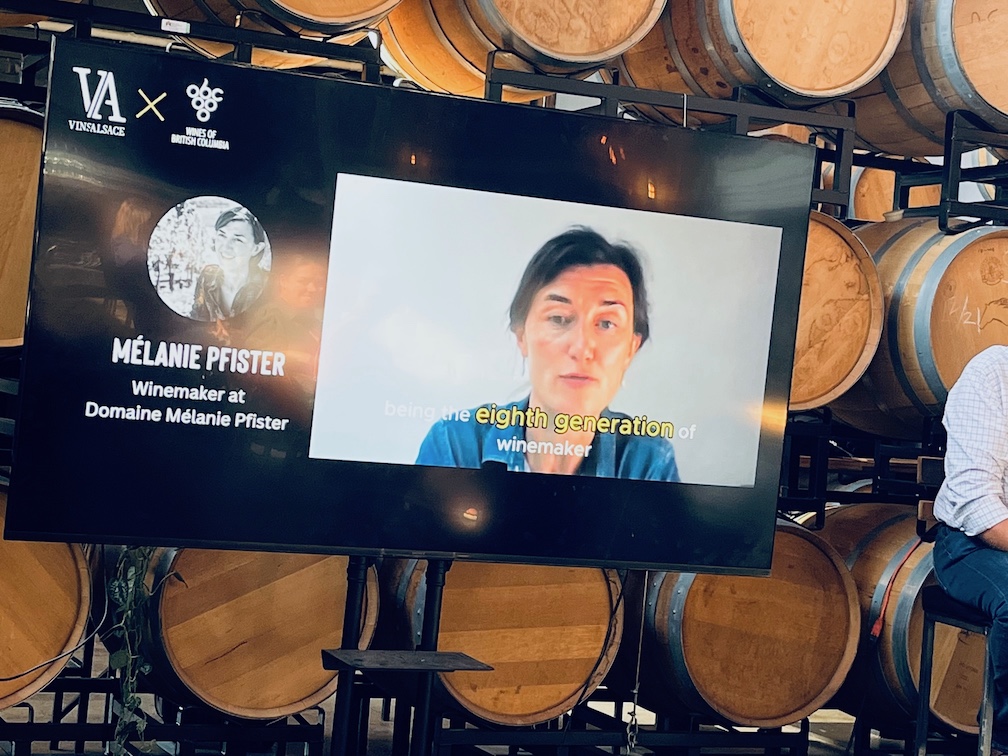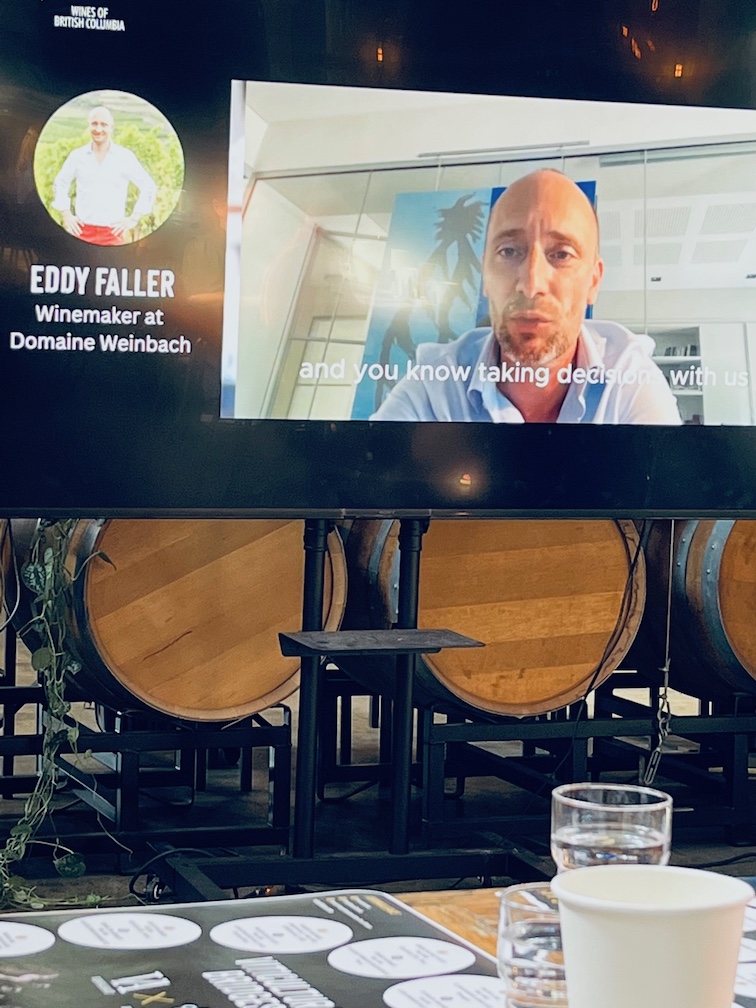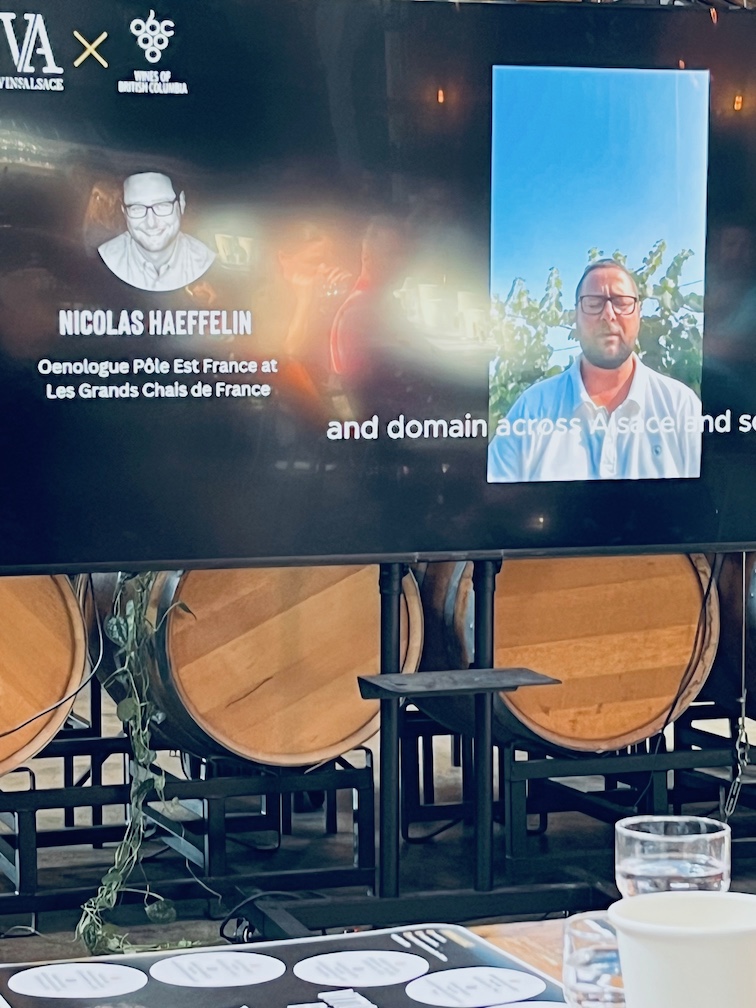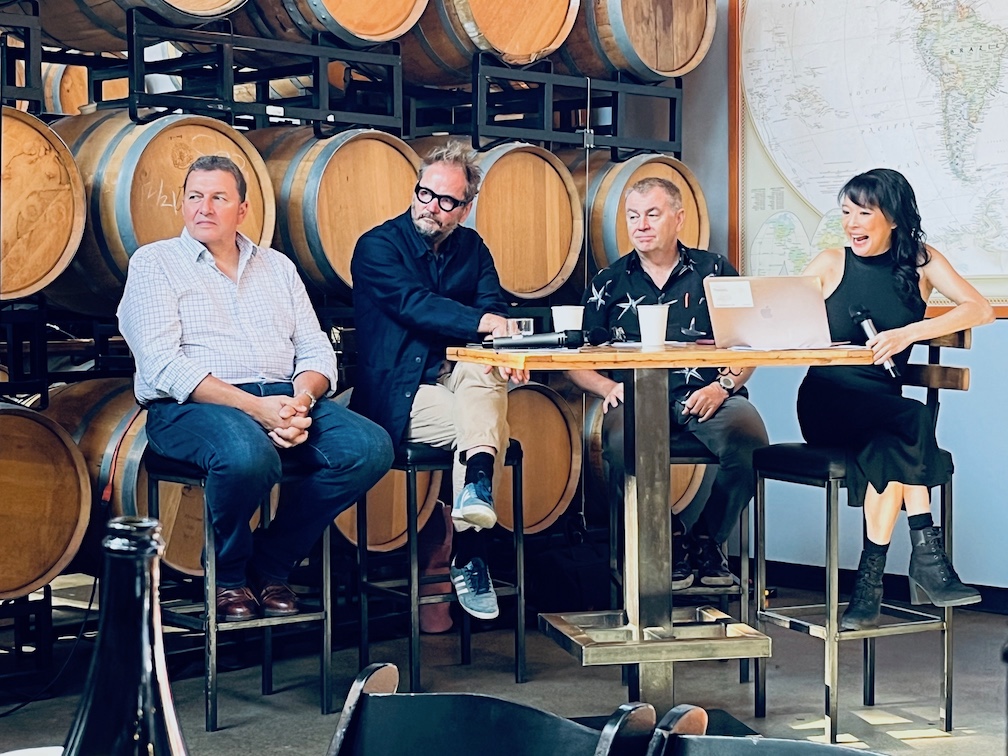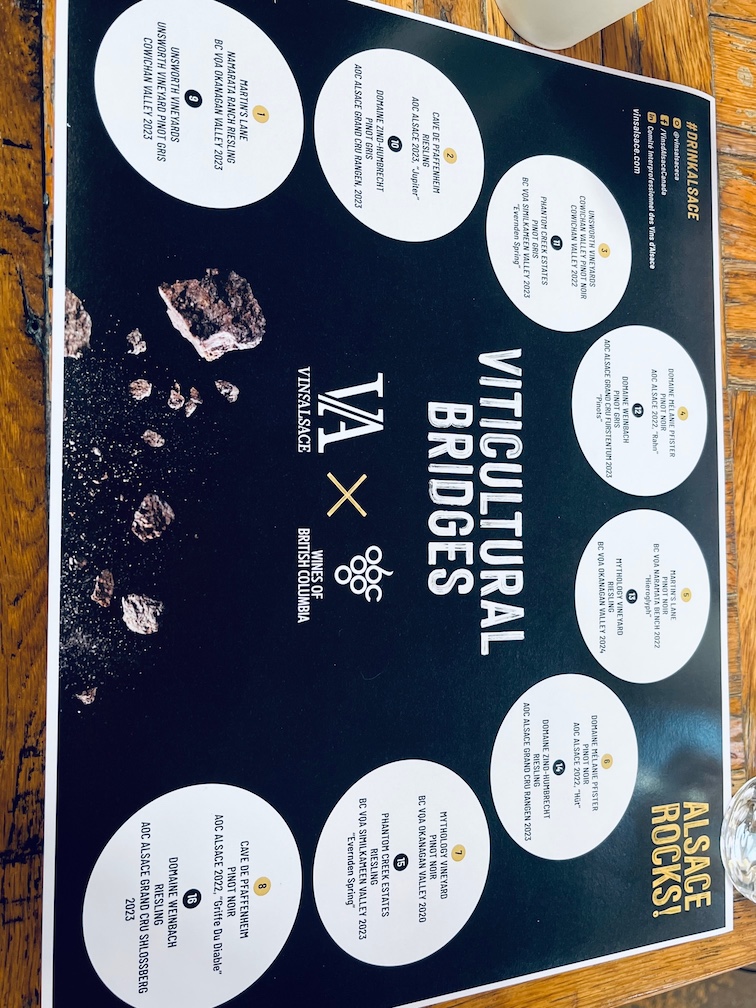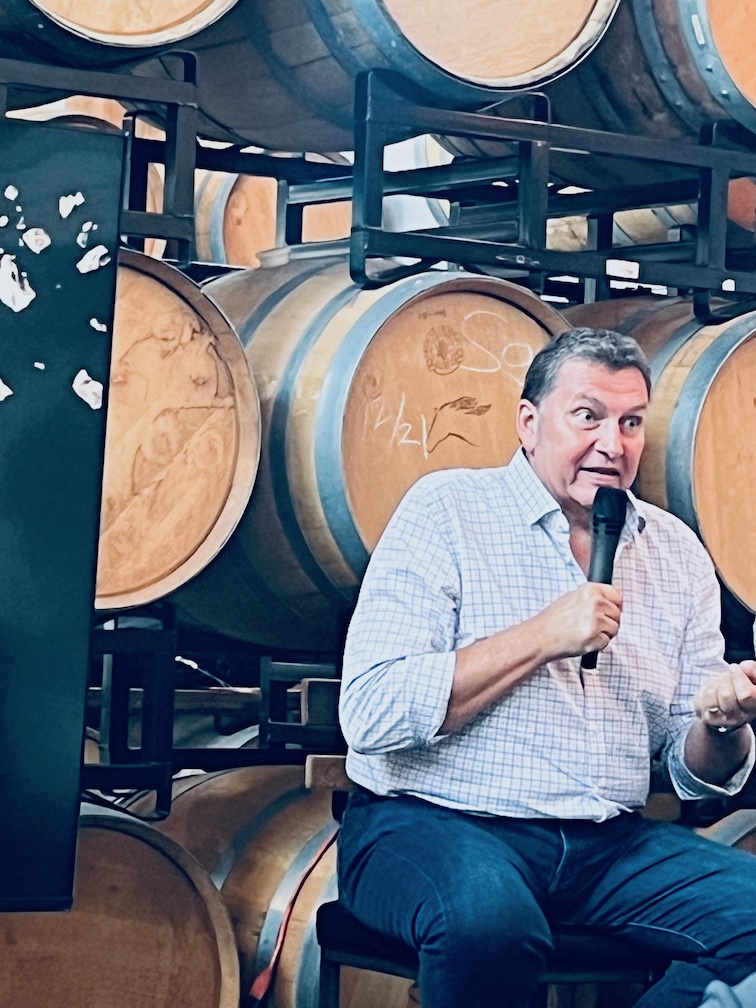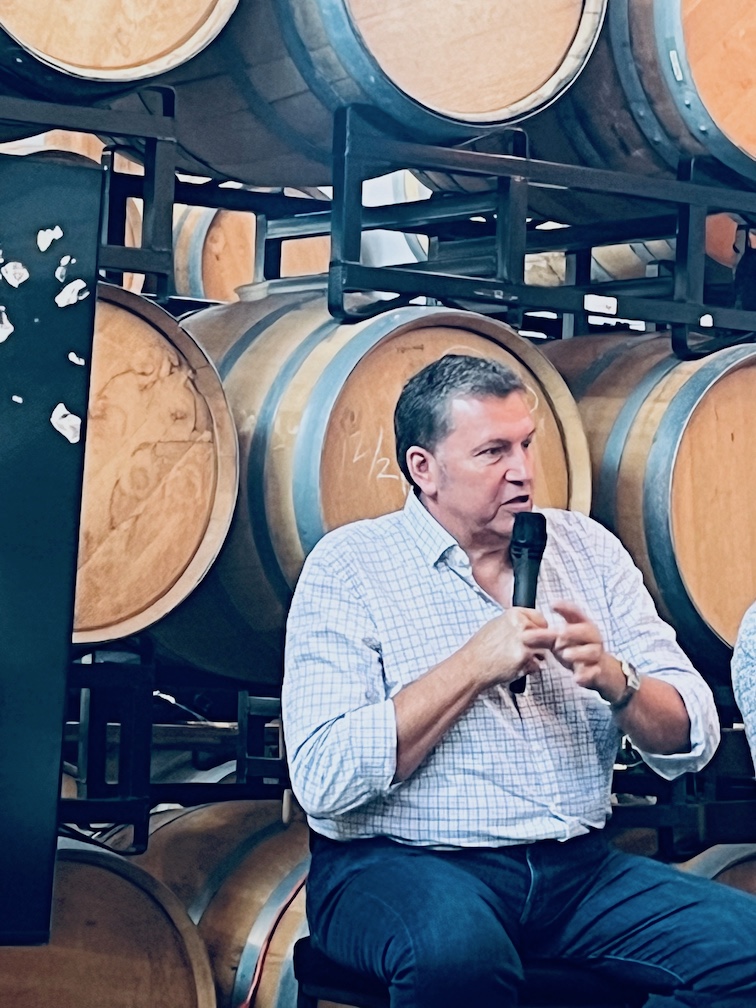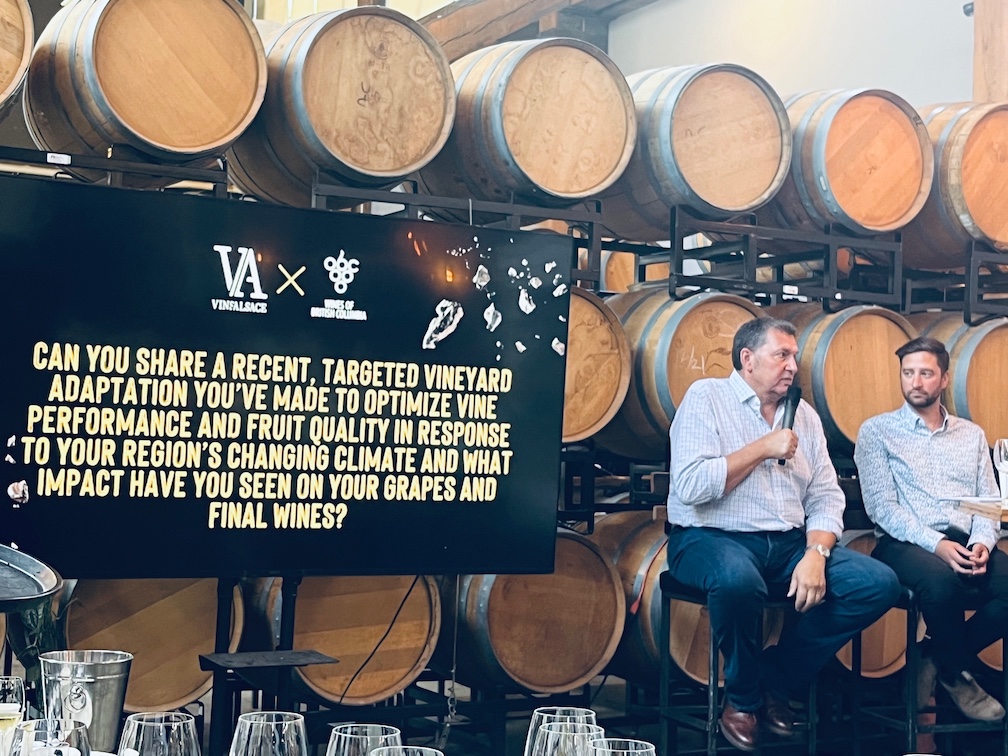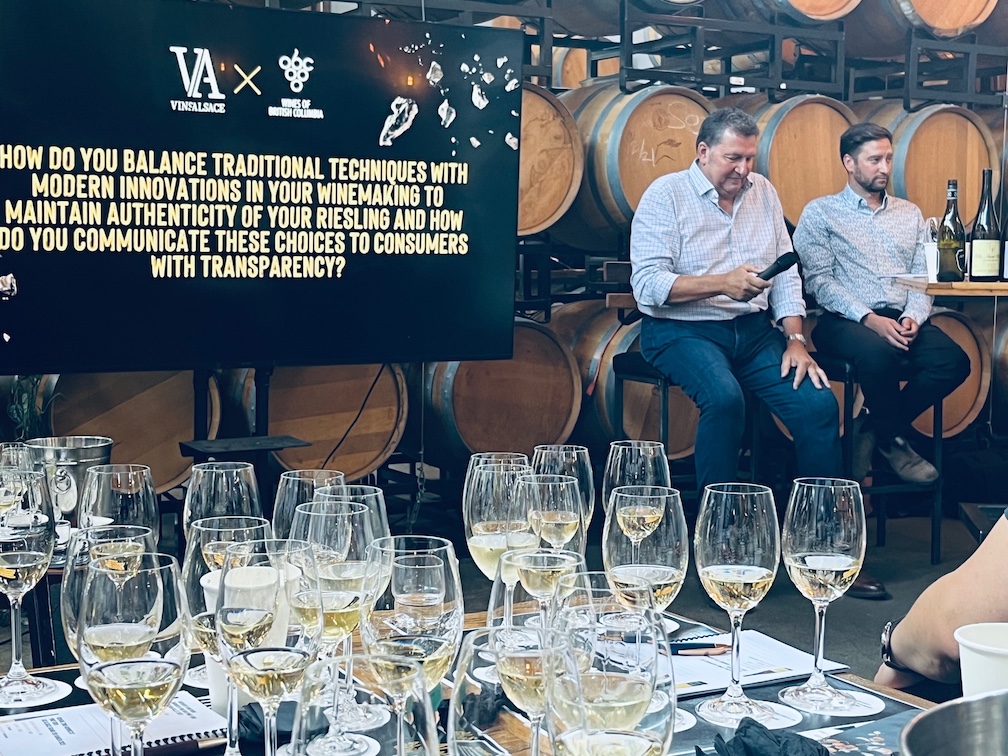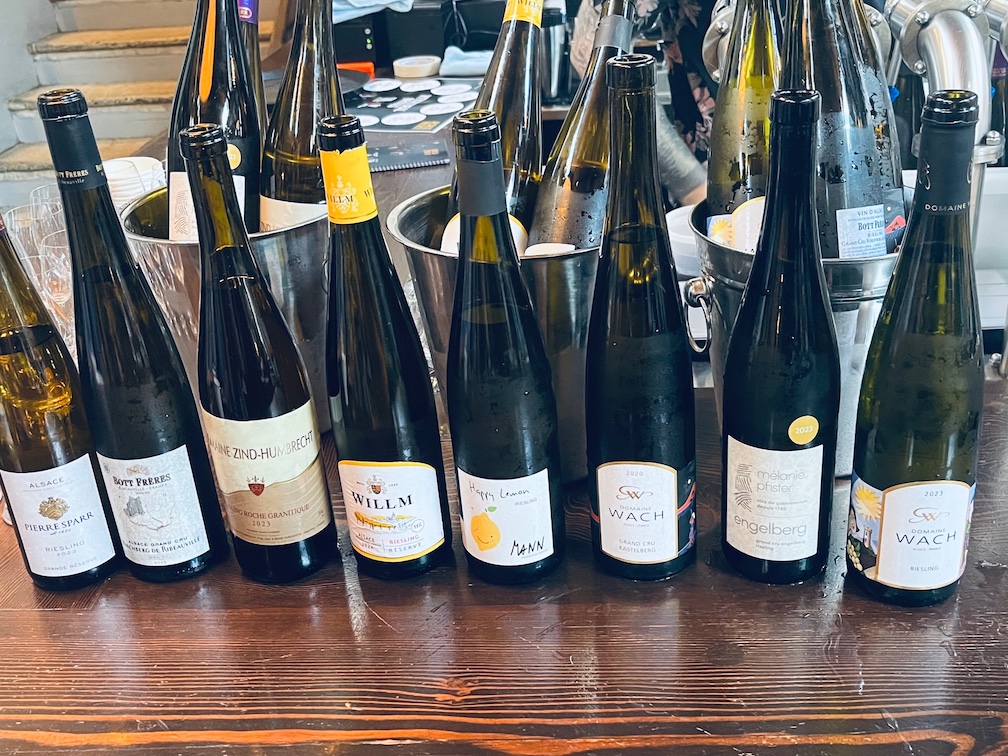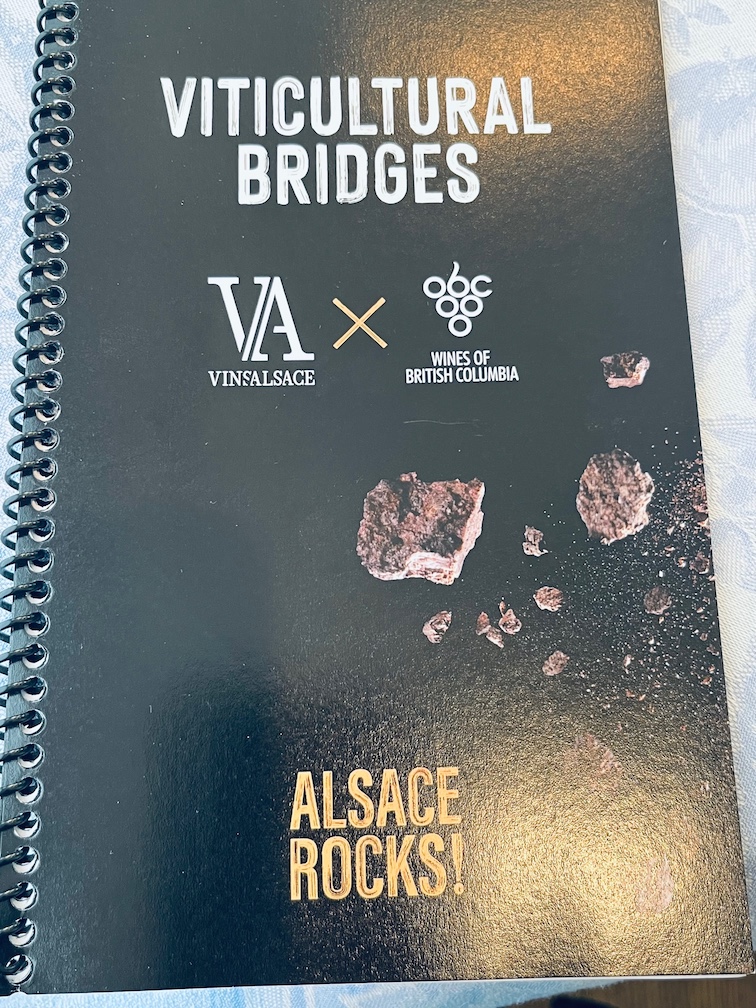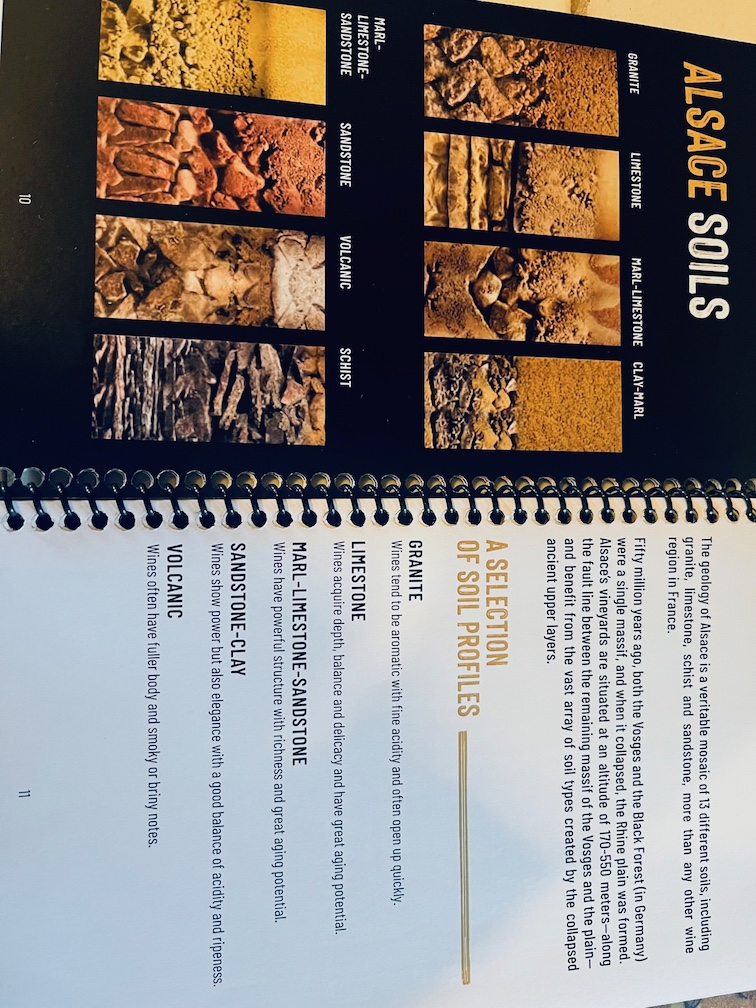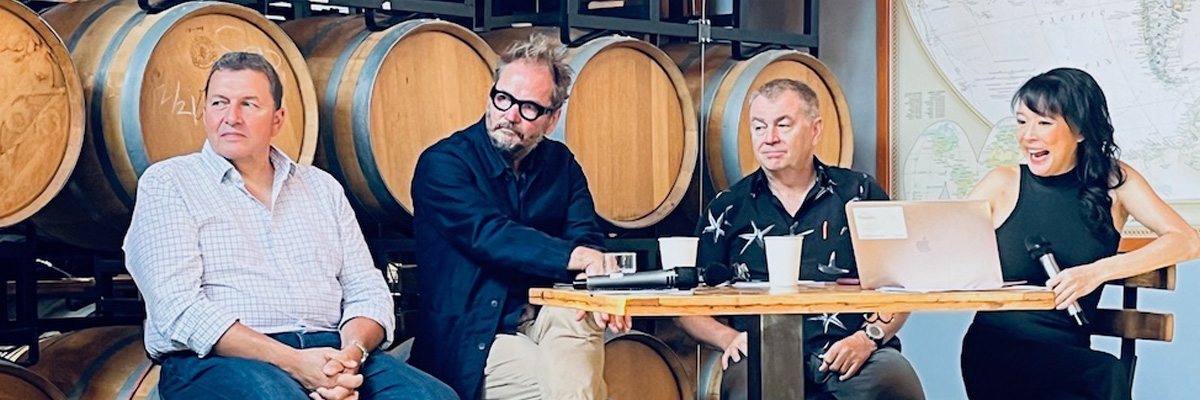
Climate change has been with us for a while. Lots of discussions and some foreboding concerns in the early days back to the politics of Jimmy Carter in the seventies and Al Gore & Margaret Thatcher in the late eighties. Alarm bells have been sounded by many since then but remedial solutions are much slower. Therefore it is encouraging to see the wine industry stepping forward with admirable action. Many winemakers and winery owners are ahead of the pack in making changes in their vineyards and cellars. Also several industry leaders like my long time friend Michelle Bouffard are passionate about the impact of climate change in the wine world and are getting the word out with events like Tasting Climate Change. Well done.
This week your scribe noticed active changes with two important happenings:
Firstly CHÂTEAU LAFLEUR a respected Pomerol with exceptional terroir back to 1872 just announced on August 24, 2025 from the Guinaudeau family ownership team (since 1985) that they have “decided to cease adhering to the stricter appellations of Pomerol and Bordeaux beginning with the 2025 vintage” for all 6 of their wines which will now be designated as “Vin de France”. The reason given is “Climate is changing fast and hard, that much is clear. The vintages 2015, 2019, and above all 2022, were strong evidence of that. 2025 goes a step further. We must think, readapt, act. Our decision-making and the resulting practices are in fact evolving much faster than what is authorized in our Appellations of Origine system.” They believe “This is a strong decision that will allow us to face the reality of climate change with precision and efficiency.” Speculation is that they think it is better to irrigate the vines which are not presently legally allowed but we will see what develops. What other properties might follow suit? Intriguing for sure.
Secondly your scribe attended on August 25, 2025 in Vancouver an interesting seminar VITICULTURAL BRIDGES organized by Hopscotch & Comite Interprofessionnel des Vins D’Alsace presenting WINES OF ALSACE & WINES OF BRITISH COLUMBIA for a cross-regional exchange between two remarkable wine regions. Impressively hosted by personable Van Doren Chan (Canadian Association of Professional Sommeliers British Columbia Director) with several winemakers in person (led by knowledgeable Olivier Humbrecht MW of Zind Humbrecht in Alsace & Consultant for Phantom Creek in BC) and on insightful videos. Thought provoking discussions with two panels featuring Alsace and British Columbia Challenging Climate & The Art of Premium Sustainable White Wines with 16 wines and more at a walk around tasting afterwards.
Overall main focus was on the key common grapes from both regions of PINOT GRIS, RIESLING, & PINOT NOIR.
My favs were 2023 DOMAINE ZIND HUMBRECHT RIESLING GRAND CRU RANGEN with full rich pure variety expression needing only more time to further evolve for complexity plus BC Pinot Noirs showing outstandingly and were preferred by me over the improving Alsace ones.
The winner was the amazing complex 2022 MARTIN’S LANE HIEROGLYPH PINOT NOIR single block of 17 year old Pommard clone vines, 80% whole clusters aged in French & Austrian Stockinger oak. GM & Winemaker the brilliant Shawn Munn on the panel explained how they are adapting so well to these climate changes. 2022 UNSWORTH COWICHAN VALLEY PINOT NOIR is lighter but elegant and so charming. Panelist Chris Turyk Director of Marketing & Sales told me the growing concerns about increasing potassium in the vineyards leading to higher pH and lower acidity in the grapes. This is the same problem I noticed in my last Chablis visit with the 2023 & 2024 vintages losing some of that freshness and tension in the resulting wines because of higher potassium levels. No doubt the styles of many wines around the world are evolving because of climate change and it requires winemakers to be alert and to make the necessary prudent changes in the vineyard and in the cellars.
- Lots of key questions were posed for the panelists including:
- Has the challenging climate changed the Vision and Direction of your winery?
- How has it changed your Decision Making & Winemaking practices?
- How is climate change affecting Ripening Curve & Flavour Development?
- Has your approach to crafting Riesling changed?
- Has it threatened your region’s Identity?
- What adaptations in response have been made to Optimize Vine Performance & Fruit Quality?
- How to balance traditional techniques with modern innovations?
Thought-provoking stuff. Hats off for this important spotlight issue! So important.
You might also like:
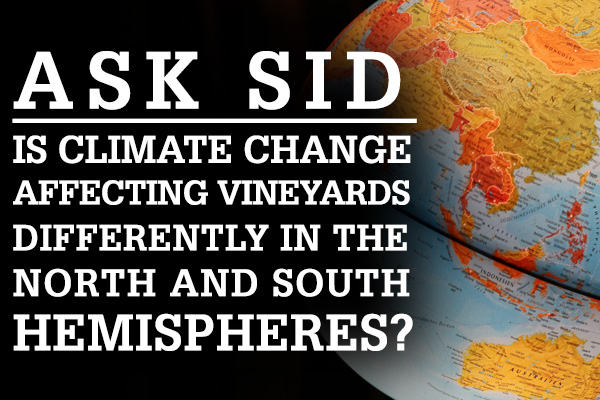 |
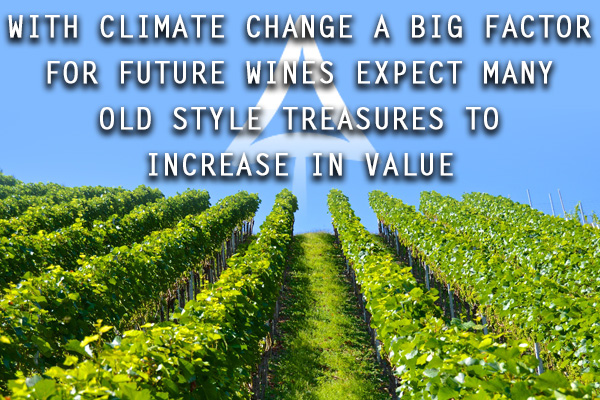 |
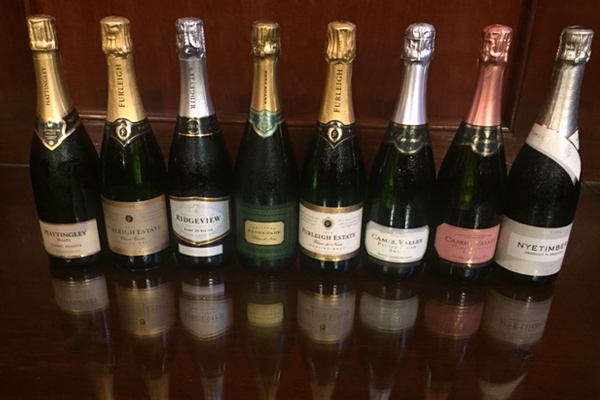 |
